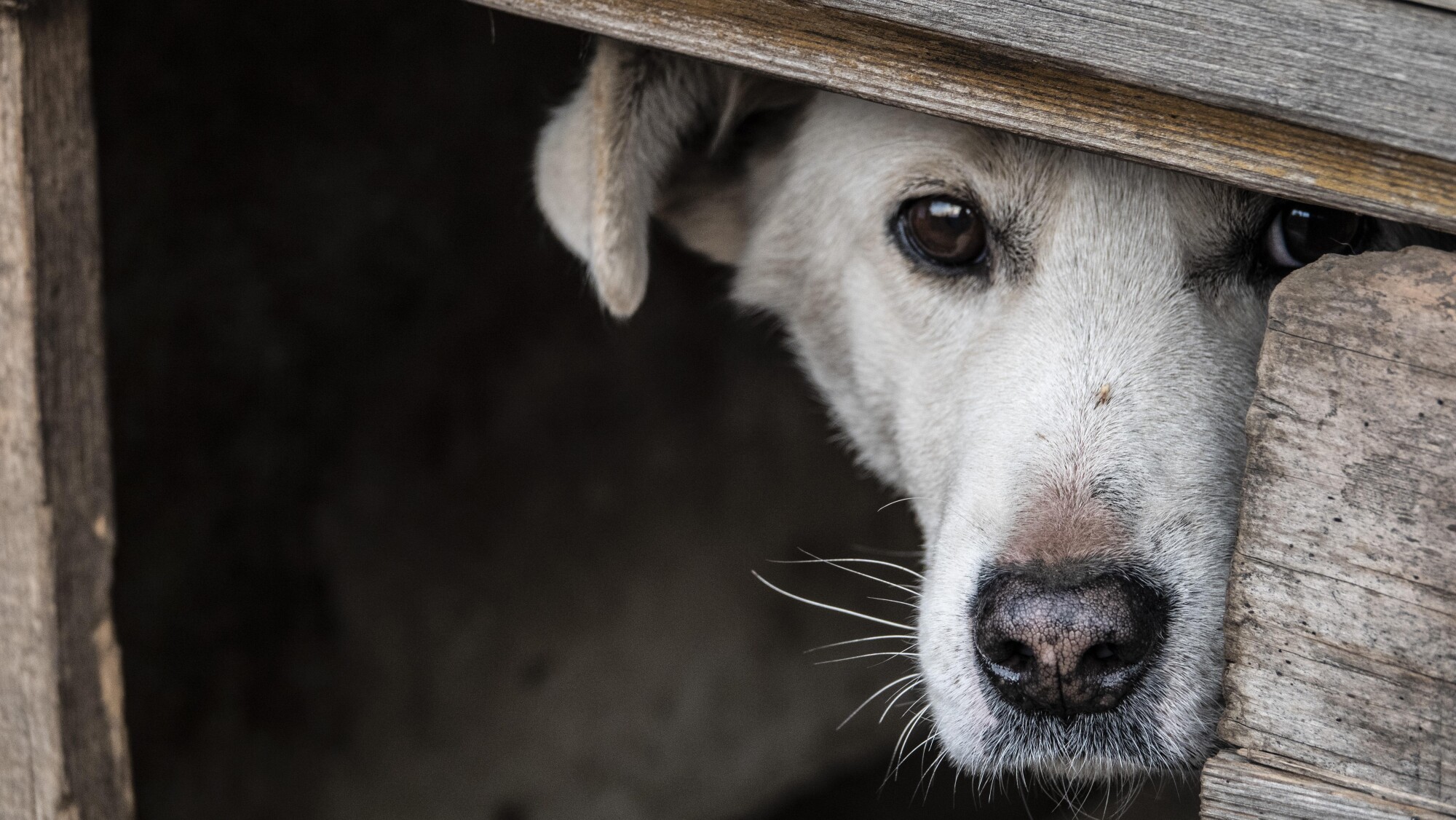Each year, over three million pets are brought into a new home. While this typically marks a joyous occasion, it can come with certain complications. While some pets seem to acclimate at once, others will need more time and effort.
Unfortunately, some families decide after a few short days of discomfort to return their anxious dog or scared cat. To avoid this outcome, it’s important to stay tuned to your new companion’s needs and respond accordingly.
We’re here to offer tips from a pet psychic that will help ease your pet into her new environment and family dynamics.
Read on to learn about the steps you can take to make your brand new pet’s transition successful and pleasurable.
Gather Supplies in Advance
All pets need breed and age-appropriate food and clean drinking water. Cats need at least one accessible litter box while dogs need collars, harnesses, and leashes to enjoy the great outdoors. For physical and mental stimulation, pets also benefit from having a variety of toys, while bedding can provide comfort and safety.
Make sure to gather these necessities in advance so that your pet has the right tools as soon as they get to your home. This will cut down their anxiety and the risk that they’ll have an accident.
Provide a Safe Space for Your Pet
It’s often best for pets to adapt to their new environment little by little. Start by creating a safe space in a quiet room that other household pets can’t readily access.
Over time, introduce your pet to other areas of the home. Make sure that they can return to their safe space any time they’re feeling overwhelmed, tired, or fearful.
Ensure General Health
As a pet owner, it’s your responsibility to monitor the physical health of your pet. When you complete the adoption papers, make sure to ask for all available medical records so you know about any preexisting conditions as well as your pet’s vaccine status.
Even if your pet arrives to you healthy and up to date on her medical needs, try to take her to the vet within the first few weeks. Not only will this allow you to get a more thorough assessment of her health, but it will also ensure that she’s in the vet’s system for future appointments.
Assess Their Emotional State
Physical health isn’t the only thing impacting your pet’s well-being and quality of life. In fact, your pet’s emotional state will determine everything from her trust in you to her behavior in your home.
Some pets will have more complicated emotions than others, particularly if they’re carrying trauma. Always exercise patience and show love and compassion as you build trust with your pet. Only when she stops operating from fear, anxiety, or overwhelm will you start to see and experience her true personality.
Monitor Your Own Emotions
When someone in your family is experiencing strong emotions, you not only notice but have an emotional response of your own. Pets have a similar experience. If you’re feeling distressed, angry, or helpless about the process of acclimating your new pet, you may be exacerbating your pet’s difficult emotions, too.
Keep in mind that your new pet is not trying to frustrate or disappoint you. If you start to feel negative emotions boiling to the surface, remove yourself and calm down. A calm, loving tone and controlled movements can go a long way toward increasing your pet’s sense of connection and security.
Build a Reliable Routine
When your pet first arrives at your home, they’re not sure what to expect. When will they get to eat and go to the bathroom? When will they have alone time and when will they receive play and affection?
From the very first day, work to build a reliable routine, starting with a consistent feeding schedule (and walking schedule, if you have an indoor-outdoor pet). By knowing that their basic needs will be met every day, your pet can start to branch out into other areas of interest. This makes it easier to bond, work on positivity-based training, and settle into your happy new lives together.
Work With a Pet Communicator
If there’s one frustration that new pet owners express often, it’s that they don’t know what their pet is feeling or what they need. Try as they might, they can’t seem to get through to their pet and provide them with the comfort they need.
Working with a pet communicator like Ani can unlock those doors so that you can grow your understanding of your new pet. By communicating directly with your pet, Ani can pinpoint the changes that would make the transition easier for both of you. You can learn more about your pet’s past, fears, desires, and any pain or tension they’re carrying in their body.
Pay Attention To Your Other Pets
If you have another pet at home, it’s important to keep their emotional health in mind, as well. It’s easy to assume that if your dog or cat isn’t reacting in a positive way to a new pet, it’s because they’re feeling territorial on an instinctive level. The truth is that they may be experiencing jealousy now that your attention is divided.
Don’t expect that because your first pet feels comfortable with you already, they don’t need your time and attention. Make sure to give them praise and affection when they’re alone and when they’re around your new pet. You may need to provide separate resources (like separate food and water dishes) to reduce feelings of competitiveness in the home.
Partner With Ani A Pet Psychic
Is your new pet struggling to acclimate to her new home and family? Use this guide to make the transition sooner and don’t forget to utilize outside resources. Therapy for animals can make a huge difference to the outcome and quality of life of scared, anxious, or traumatized pets.
Ani is a pet psychic with an educational background in psychology, education, and activity-based therapy. Combined with her intuition, she can communicate with animals on a deep level to help their owners improve their well-being. Learn more about Ani’s services today.




